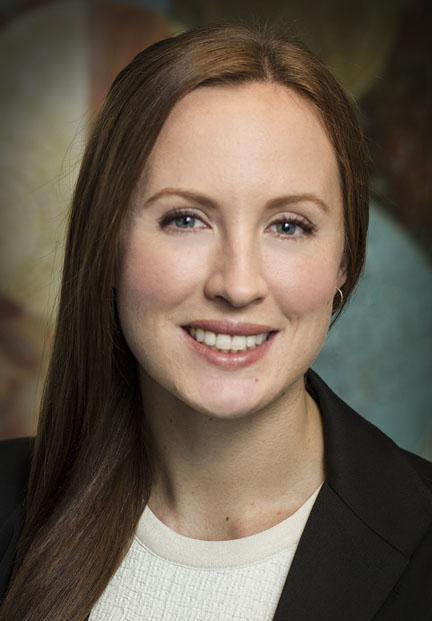Legal representatives can make a human rights application on someone’s behalf but they can’t charge a fee to do it, says the Human Rights Tribunal of Ontario.

In
G.M.K. v. Lakefield College School, adjudicator Paul Aterman distinguished between charging a fee to represent someone in a case and doing so to bring an application on someone’s behalf, something Ontario’s human rights legislation allows a person or an organization to do.
Typically, according to the ruling, organizations like unions or non-governmental organizations will bring applications under that provision in the role of the applicant on behalf of the claimant. The idea is to facilitate access to the tribunal, often for people who may be vulnerable for one reason or another, such as immigration status.
“I appreciate that lawyers and paralegals owe a fiduciary duty to their clients and yet charge fees for their services,” wrote Aterman. “But this is because they are exercising specialized professional skills in their role as representative of a client. The fee is for the exercise of the authorized representative’s skill and judgment.
“By contrast, bringing an application on behalf of another does not require any specialized professional skills. It simply requires integrity and common sense on the part of the applicant.”
In G.M.K., Charlene Da Silva of Affordable Immigration and Paralegal Support sought to bring an application on behalf of a student who alleged discrimination in his expulsion from school. The paralegal firm was charging a fee for doing so, according to Aterman, whose ruling noted the student and his litigation guardian were now out of the country. The litigation guardian, one of the student’s parents, consented to having the firm bring the application, Aterman noted.
In coming to his conclusions about charging a fee, Aterman considered the legislative purpose of s. 34(5) of the Human Rights Code that allows someone else to bring an application. In his view, charging a fee undermines the legislative intent of enhancing access to the tribunal.
“In circumstance where all other applicants are not required to pay a fee to access the tribunal’s process yet this claimant is, the applicant is making a demand of the claimant that is in its interests but not in the interests of the claimant,” he wrote.
“To the extent that charging a fee to bring an application inhibits access to the tribunal’s process, this is contrary to the legislative intent underlying s. 34(5). It also runs counter to the tribunal’s institutional interest in having an accessible process for all applicants, whether they are applying in their own right or on behalf of another.”
For lawyer Nicole Simes of the MacLeod Law Firm, the tribunal was likely trying to send a public policy message about preserving access.
“I think that is the heart of the public policy decision: That they don’t want people to be able to charge a fee to bring the application for someone as opposed to being a representative,” says Simes, whose firm often deals with human rights matters in the employment context.
“I think it is an attempt to deter the behaviour going forward.”
Simes doesn’t believe this type of situation will arise very often as lawyers and paralegals have another option: simply have the litigation guardian bring the application and then act as representative in the usual fashion.
“Ultimately, this is a pretty unique situation,” she says. “I don’t expect that tis type of case would come up very often.”
And that includes cases like this, she adds, where the applicants are out of the country. In those situations, she notes, the tribunal will often allow people to attend by phone.
Besides his findings on the fee, Aterman also removed the firm as the applicant.
“In addition, in this case the applicant’s failure to understand the difference between its role as an applicant and the role of counsel to an applicant indicates to me that the claimant’s best interests are not safeguarded by the applicant continuing in the former role,” he wrote.

 In G.M.K. v. Lakefield College School, adjudicator Paul Aterman distinguished between charging a fee to represent someone in a case and doing so to bring an application on someone’s behalf, something Ontario’s human rights legislation allows a person or an organization to do.
In G.M.K. v. Lakefield College School, adjudicator Paul Aterman distinguished between charging a fee to represent someone in a case and doing so to bring an application on someone’s behalf, something Ontario’s human rights legislation allows a person or an organization to do.